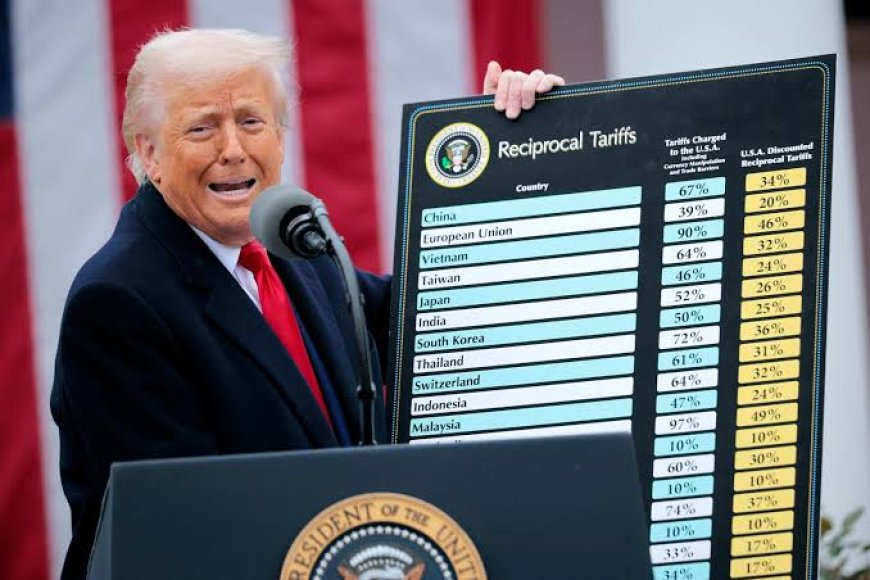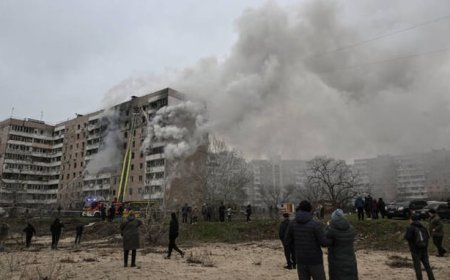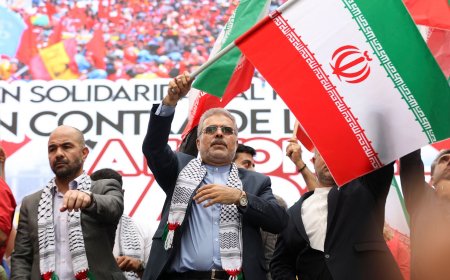Trump's Counter-Tariffs: How Nations Are Responding Across Three Distinct Blocs
Trump's Counter-Tariffs: How Nations Are Responding Across Three Distinct Blocs

Global Responses to U.S. Counter-Tariffs under President Trump
-
On April 2, U.S. President Donald Trump announced retaliatory tariffs on imports from various countries and regions. Implementation began in phases starting April 5.
-
Nations are broadly responding through three strategic approaches: retaliation, negotiation, and economic adjustment/coordination.
1. Retaliatory Tariffs:
-
China: Imposed 34% tariffs on all U.S. goods, enforced from April 10; tightened rare earth exports; sanctioned 27 U.S. firms.
-
European Union: Preparing $28 billion in tariffs targeting U.S. steel, liquor, motorcycles, and farm products; political signals to reduce U.S. investments.
-
Canada: Announced tariffs on $20.7 billion of U.S. goods; filed WTO complaint.
2. Negotiation & Legal Measures:
-
India: Evaluating impact of 26% tariffs on key exports; continues trade talks focusing on reducing the $46B deficit.
-
Japan: Declared a national crisis; exploring joint East Asian response; cautious policy formulation underway.
-
Mexico: Awaiting final decision on retaliation while seeking USMCA protections.
-
Taiwan: Initiating negotiations to safeguard semiconductor exports.
-
Brazil: Passed counter-tariff bill; considering WTO appeal.
3. Economic Adjustment Strategies:
-
Vietnam, Cambodia, Bangladesh: Opting for economic diversification, increased domestic production, and foreign investment attraction.
-
Vietnam approved Starlink, reduced tariffs on select U.S. imports, and now targets new trade markets.
-
Cambodia strengthens internal economy amidst 49% tariffs.
-
Bangladesh pledged increased U.S. imports to maintain trade ties.
-
Other Notables:
-
South Korea: Planning coordinated East Asian policy without immediate retaliation.
-
Israel, Norway: Analyzing risks and seeking stable trade solutions without countermeasures.
Conclusion:
-
The global response to U.S. tariffs remains fragmented, with countries split between confrontation, diplomacy, and adaptation.
-
Many emphasize WTO compliance and safeguarding domestic economic interests.
What's Your Reaction?





















































































